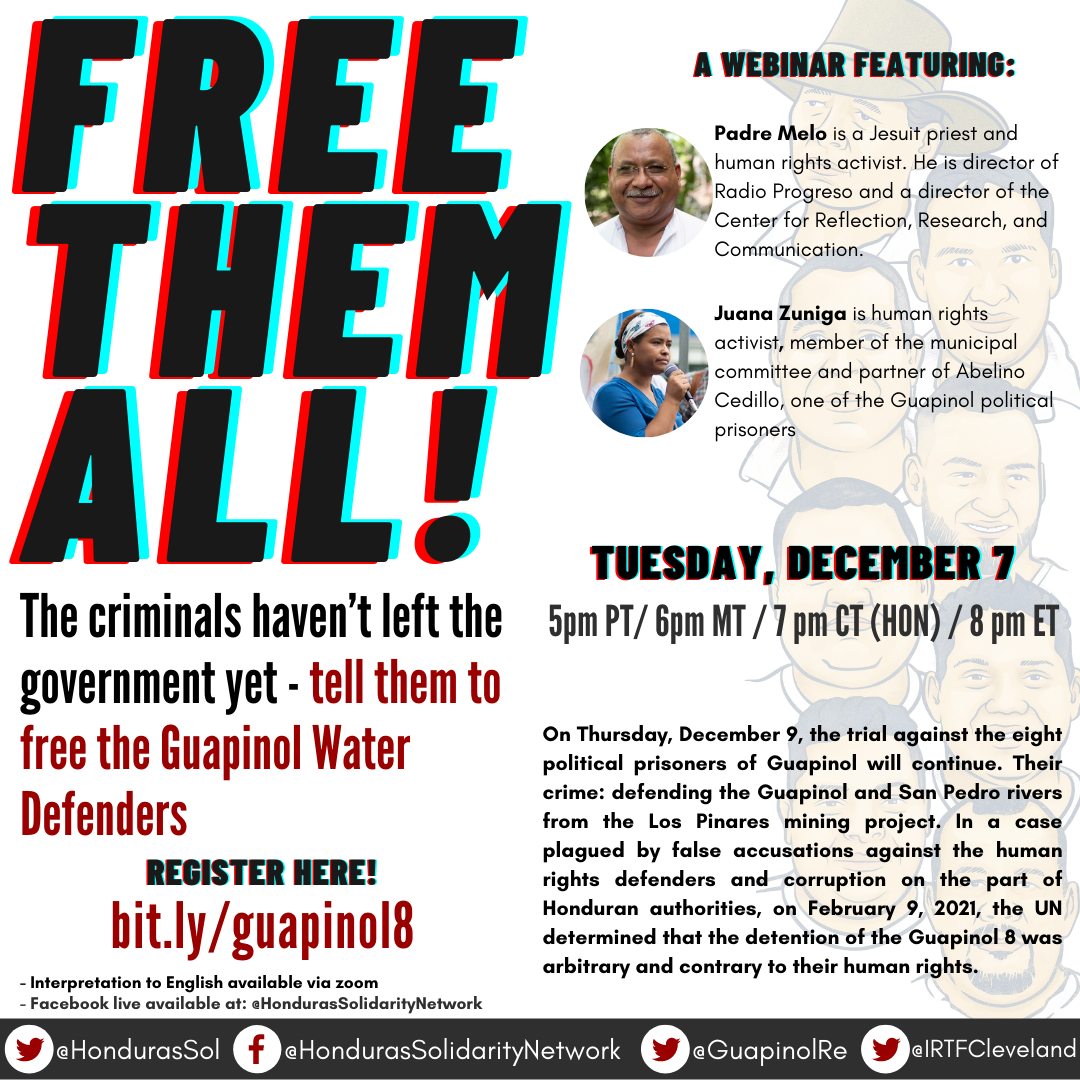After burning down the FSLN party headquarters and raiding the city's social security building, priests in Nicaragua are now having to face empty churches and masses as Nicaraguan Catholics are protesting their political actions. Although the U.S. was funding the attempted ousting of Nicaragua’s democratically elected Sandinista government, the Catholic Church hierarchy in Nicaragua was instigating it. And while the Bishop’s conference was ostensibly “mediating” a national dialogue, its own priests were calling for violence.
- Home
- About Us
- Issues
- Countries
- Rapid Response Network
- Young Adults
- Get Involved
- Calendar
- Donate
- Blog

